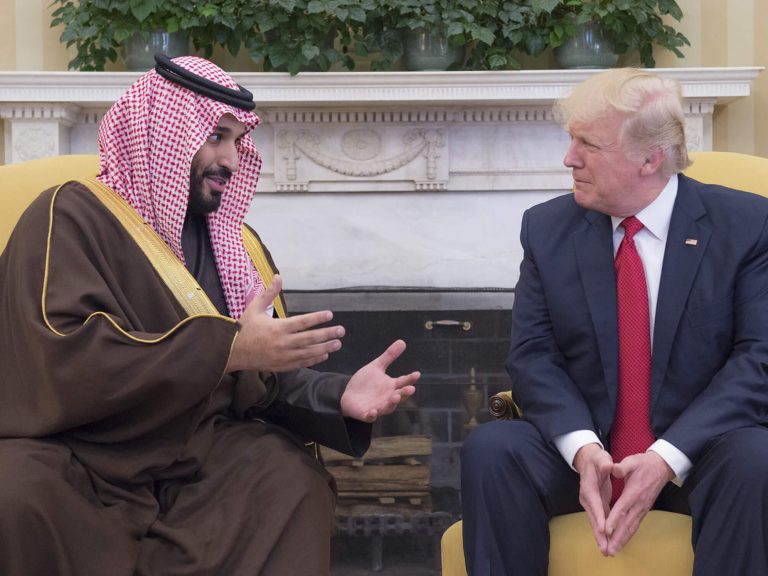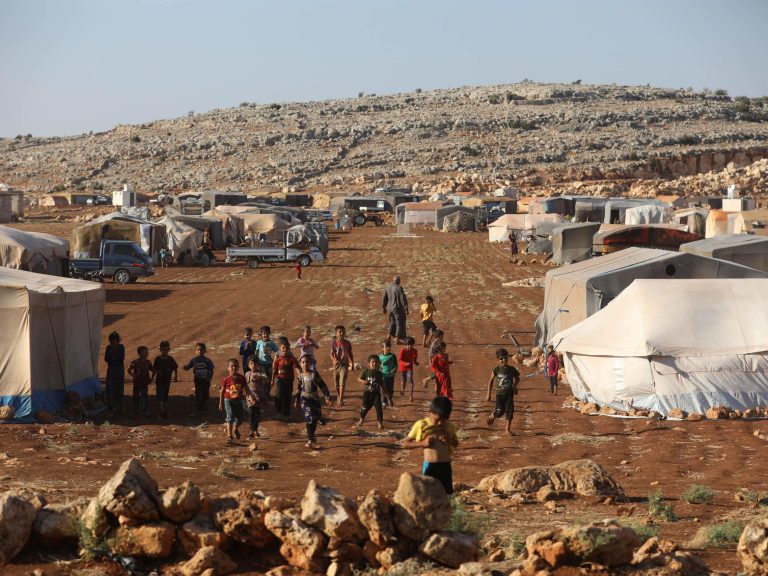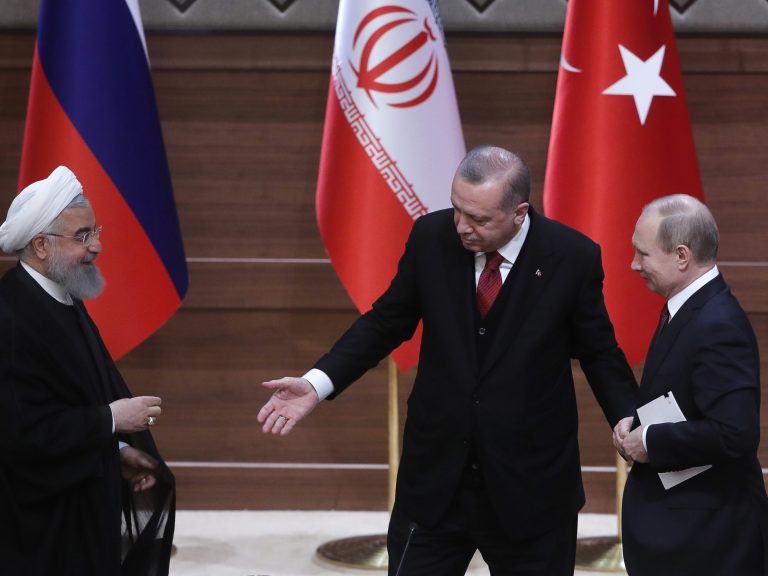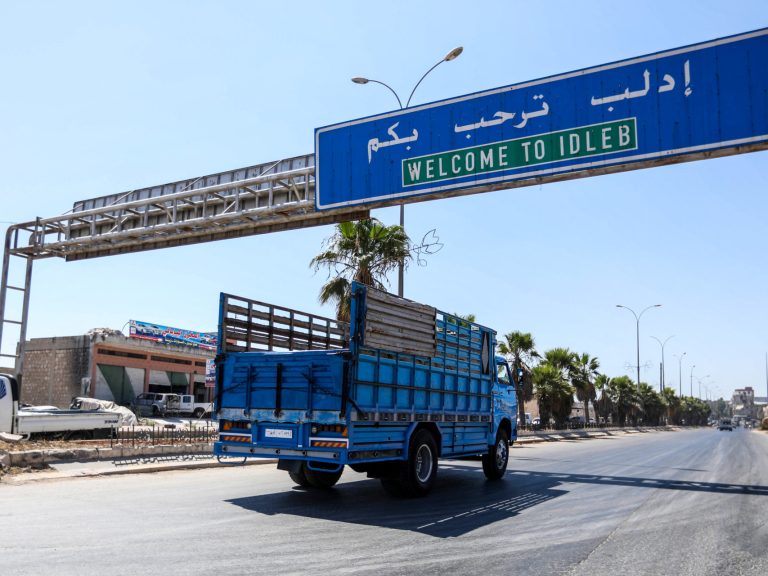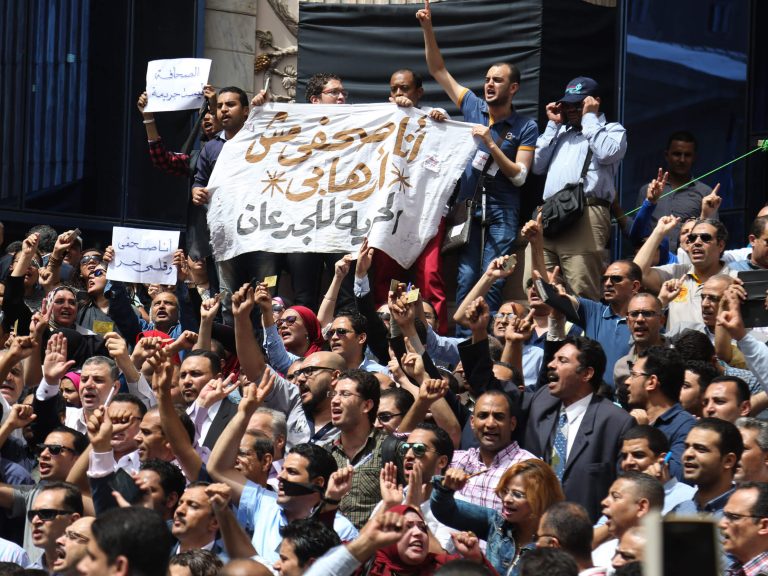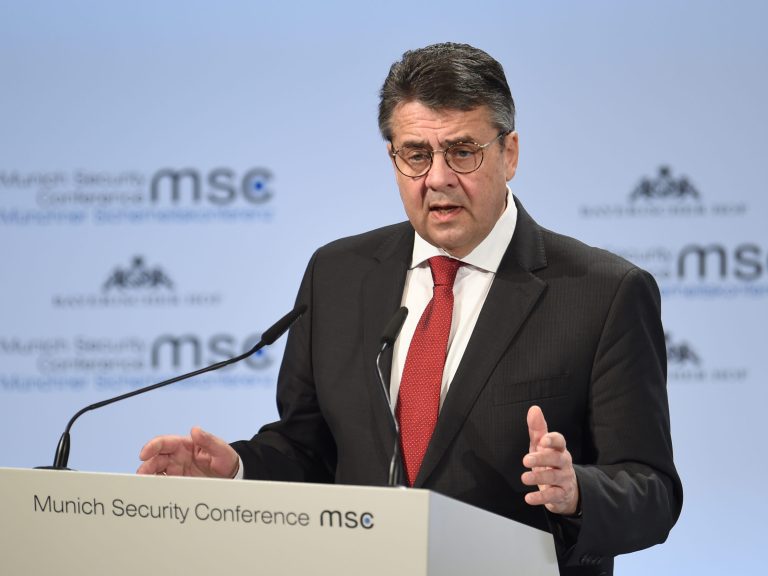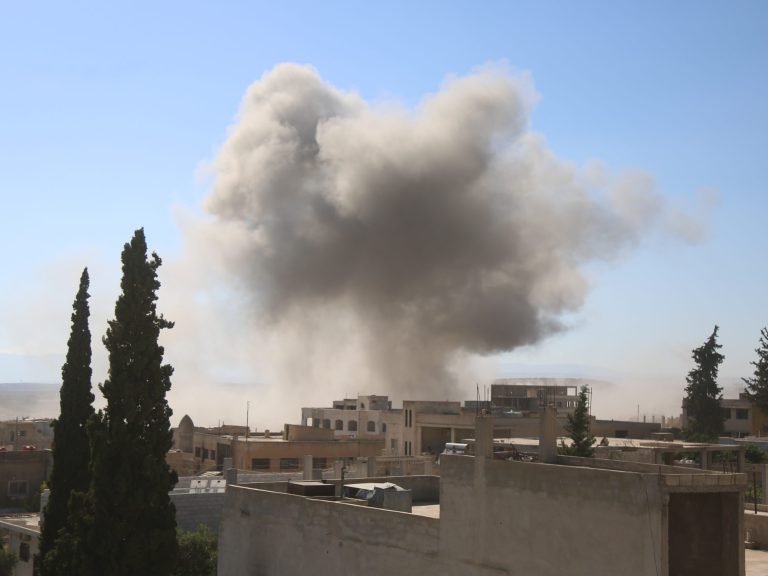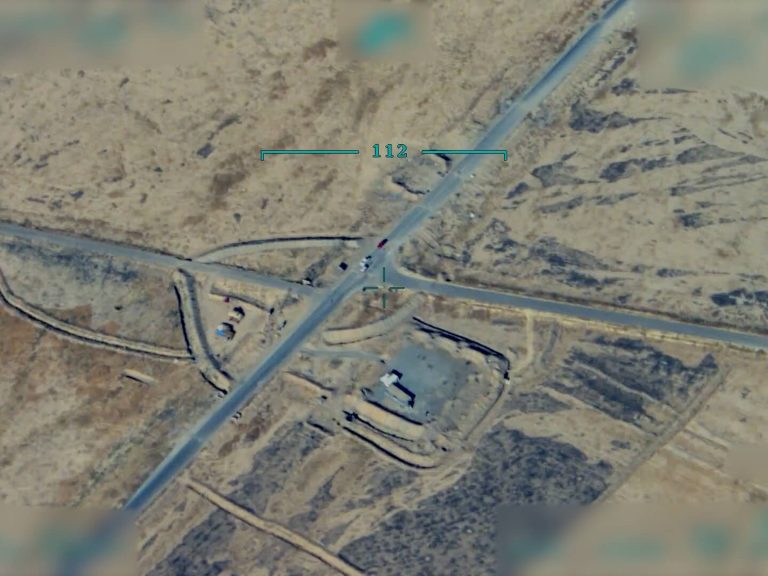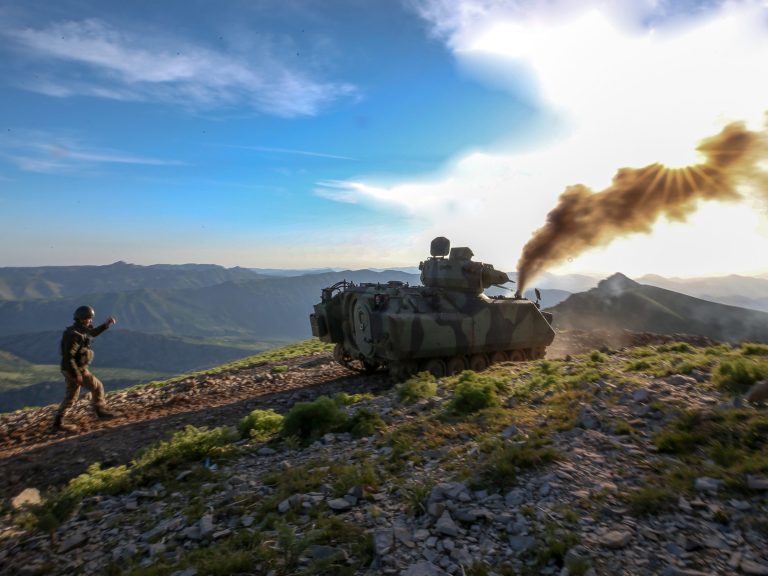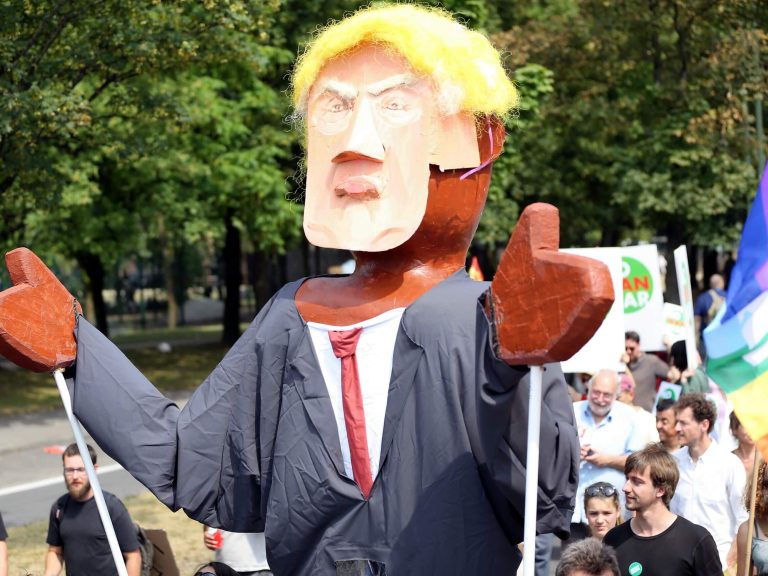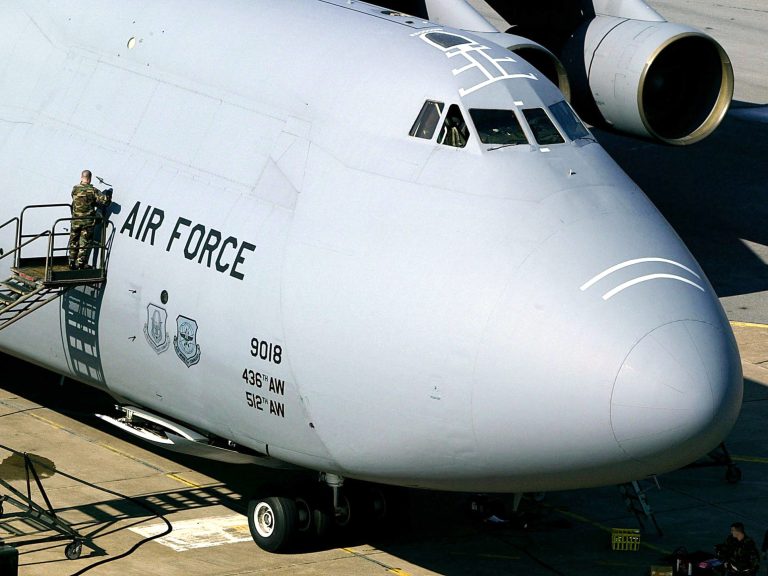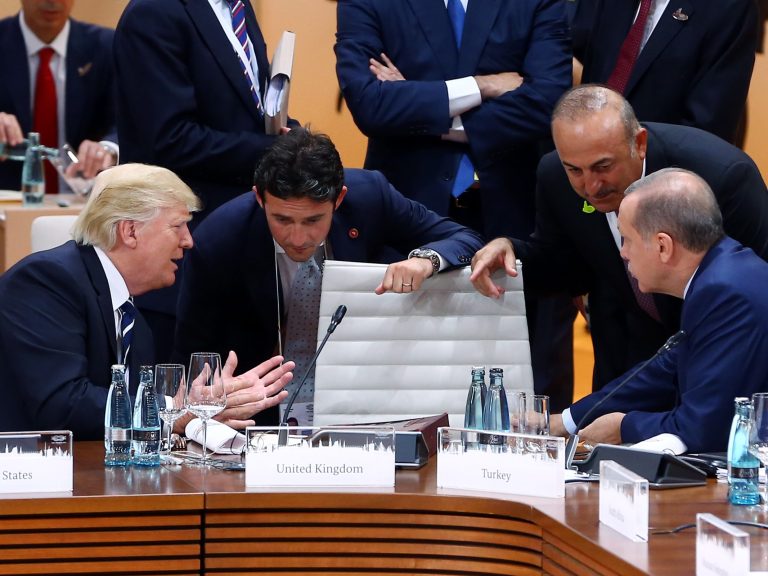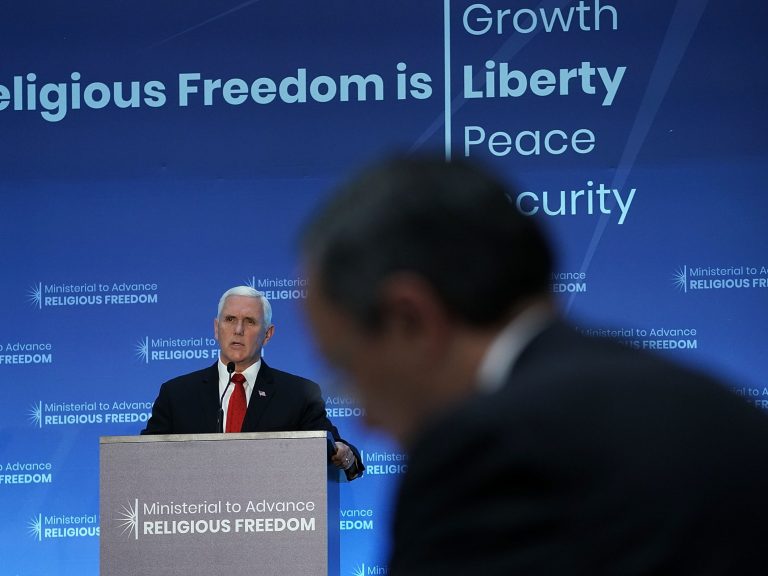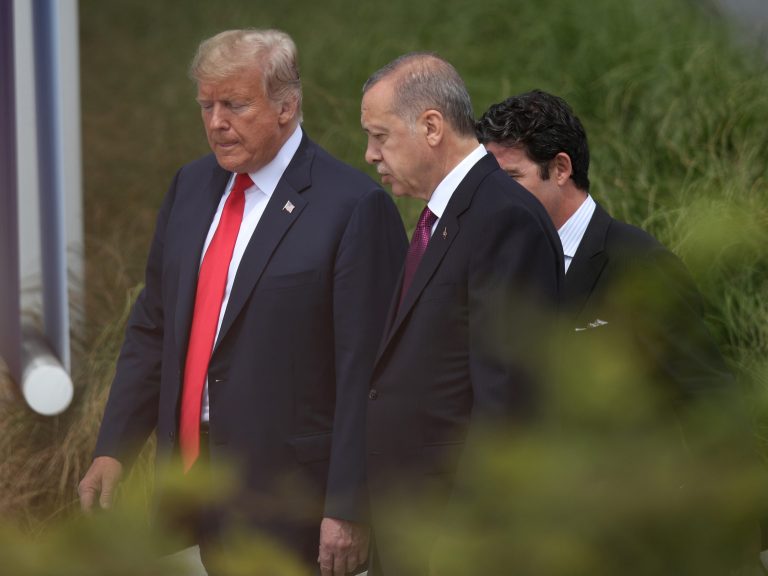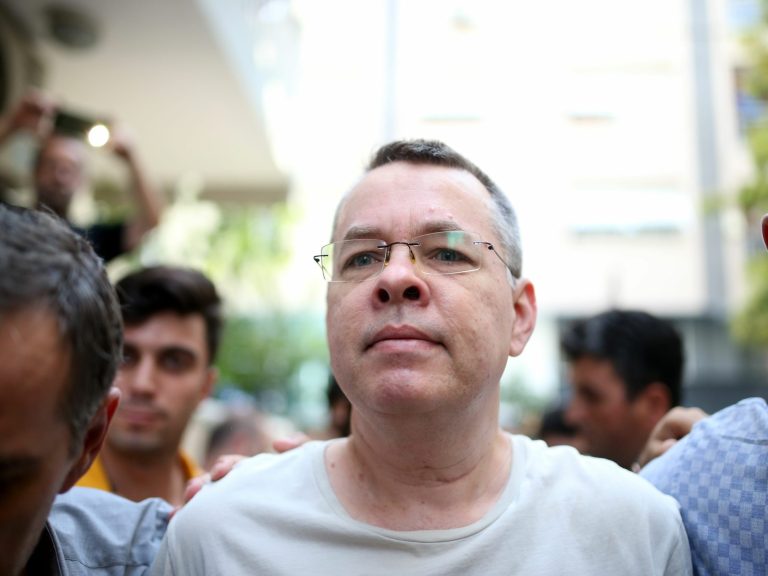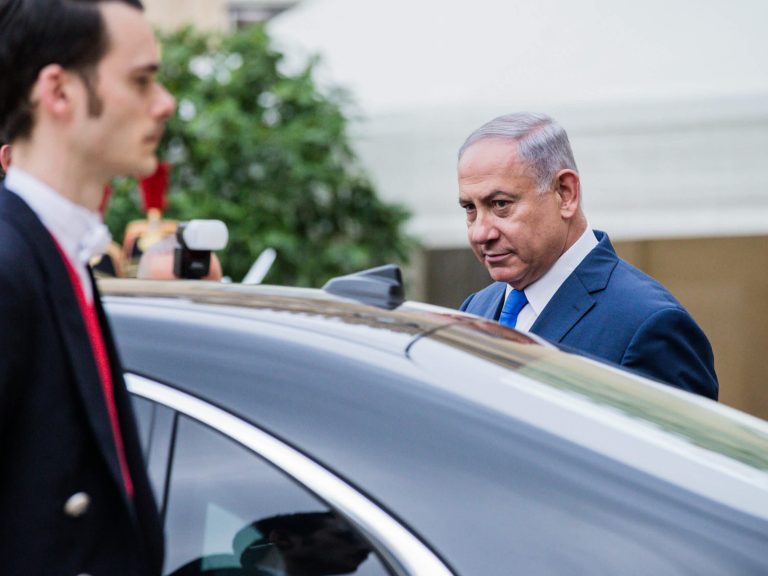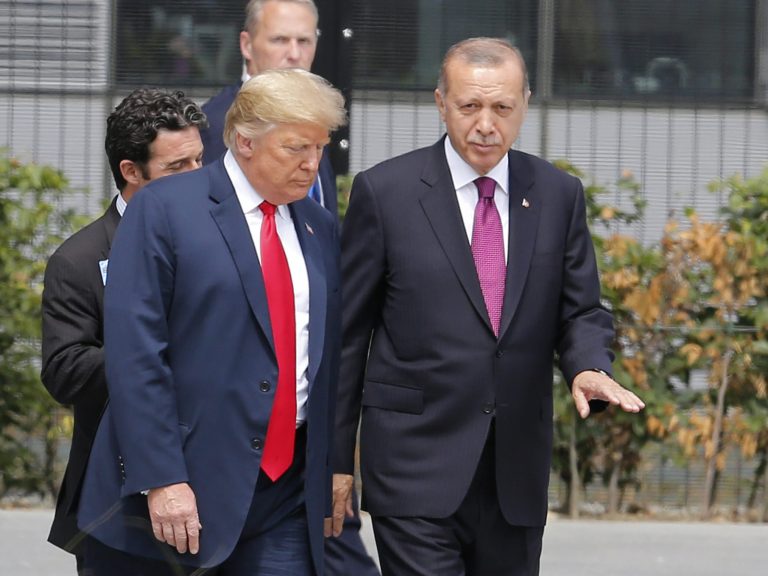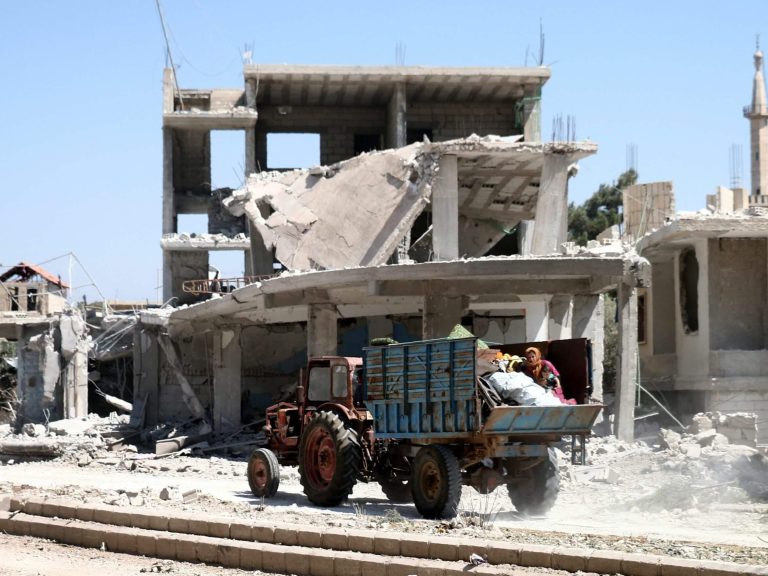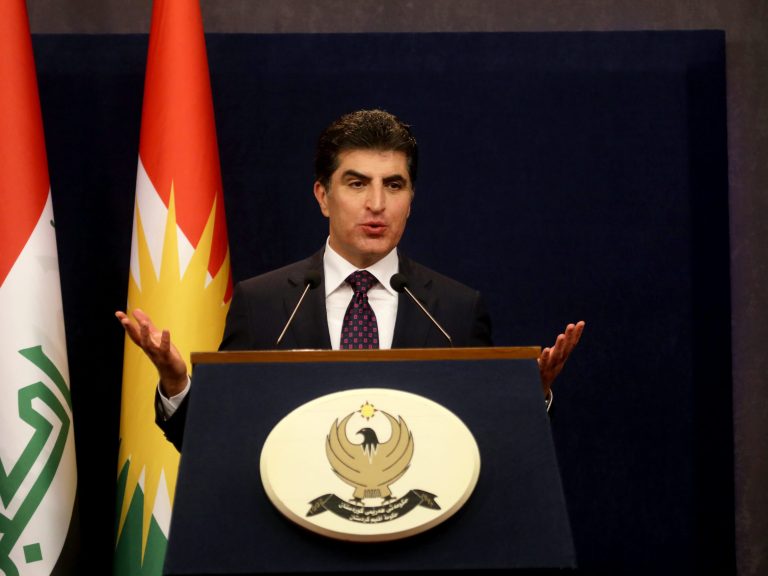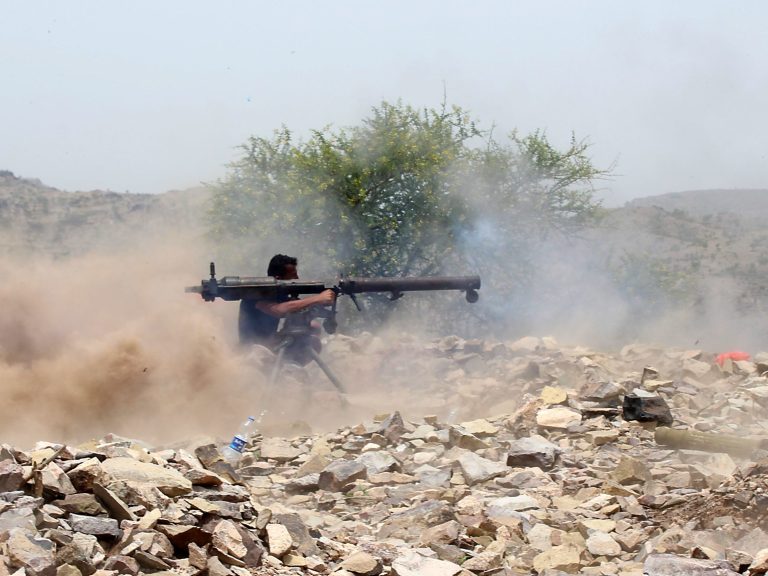Increasing pressure on the Muslim Brotherhood and policies towards Iran can be noted as examples of the issues that the Washington administration, Cairo, Riyadh, and Abu Dhabi governments have co-opted.
Towards the End in the Syrian Civil War?
policy, however, Turkey has increased its diplomatic efforts toward the two major players on the ground, Russia and Iran, through the Astana and Sochi processes.
Turkey’s route in the Middle Eastern conundrum
However, there are others who are trying harder to assume the job of counterbalancing – namely, Iran, Israel, and Saudi Arabia.
Turkey’s difficult calculations about Idlib
While the Syrian regime and Iran-backed Shia militias are planning a military offensive against the opposition in Idlib, where approximately 2,9 million people including internally displaced people live, Russia has puzzling hesitations whether the military option would bring a solution or produce more chaos for the Russian strategy in Syria.
The end of regional transformation in the Middle East?
, Russia, Iran, and Saudi Arabia.
Turkey is important for Europe despite Sigmar Gabriel’s false prophecies
By warning that Europe would pay the price if Turkey was to become destabilized by sanctions imposed by the Trump administration, Gabriel also added that if Europe does not do everything to keep Turkey a part of the West, “nationalistic forces” in Turkey could “reach for the atom bomb, as in Iran and North Korea, to make themselves unassailable.
Turkey’s strategic interests in Idlib
Having warned the regime against a possible operation, Turkey has been lobbying Russia and Iran for a while now to prevent such a scenario.
How Turkey’s war against the PKK is becoming more effective
Ankara has already cleared some PKK-controlled lands across its border in Iraq, is currently digging its way towards the Qandil region, and is seeking international cooperation with Iran and Iraq in order to reach its objective (for my earlier notes on the operations in Iraq, see here and here).
Turkey’s quest for a new geopolitical portfolio
’s new strategy in the wider Middle East region towards the Israeli-Palestinian conflict over the status of Al-Quds and the Iranian nuclear deal is not comprised of Turkey.
Turkey-US relations as the latest victim of Trumpian foreign policymaking
Trump continues to threaten allies with sanctions for doing business with Iran based on his campaign promise to rip apart the Iran deal, which he did.
How to save a sinking pseudo-alliance: Turkey-US relations
As long as the U.S. does not change its policies regarding the PYD and FETO, Turkey will see its alliance…
Damage Control in Turkey-US Relations
strategy towards Iran, continues to work with Russia, and undermines Trump’s Israel strategy.
Evangelicals and the messianic character of US foreign policy
Embassy in Israel from Tel Aviv to Jerusalem and his policies towards North Korea and Iran are regarded as expediting the path to the apocalypse.
The Unnamed War in Turkey-US Relations
Trump's interactions with countries such as Iran, North Korea, and Russia also prove this point.
How Can an Evangelical Pastor Influence Turkey–US Relations?
As to an existing law, Countering America's Adversaries Through Sanctions Act (CAATSA) obliges the administration to impose sanctions against Russia, Iran, and North Korea.
Israel’s Jewish Nation State Law and the Future of Palestine
Countries such as Turkey and Iran have been pre-occupied with issues that are dominating their domestic political processes.
Mixed Signals in US-Turkey Relations
withdrawal from the Iran nuclear deal and the Trump administration’s decision to impose sanctions on Iran with a November deadline, we can now add Iran to the list.
How Broken Deals in South Syria May Affect Northern Syria
While Jordan feared a new refugee wave, the Israeli government rejected the possibility of Iran-backed militias at the northern edge of the Golan Highs, which is occupied by Israel.
Barzani Back in Turkey: Towards Re-building Relations?
The referendum has become a turning point as the governments of Turkey, Iran and Iraq –all in favor of Iraq’s territorial integrity- cooperated to halt the one-sided independence move of the Kurdistan Regional Government (KRG).
Global Arms Sales and the Middle East
Secondly, Riyadh would successfully conclude its campaign in Yemen against the Iranian-backed Houthis.
